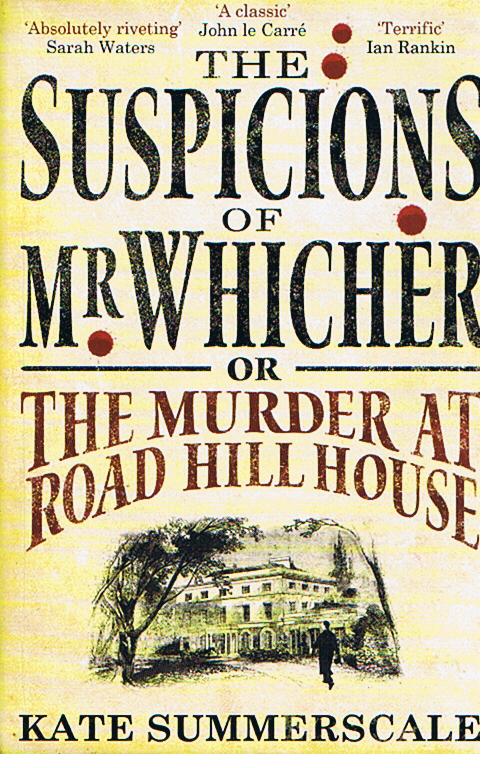A true life murder in 1860 is the starting point for a wider investigation of the crime, detection, privacy and family in Victorian England. On the 30th July 1860 a small boy was taken from his bed and savagely murdered. It was a sensational murder that gripped the public imagination, with the most likely culprit being a member of the household it raised a host of concerns about family relations and the privacy of the home. The murder also took place at the time when the first police detective service was emerging as a identifiable element of the police service. There was a “detective-fever” in popular culture as these new professionals, people whose job was to enquire into secrets and to uncover mysteries, became a source of public fascination. Jack Whicher, was the most famous detective of his day, he was called in to the case and his “suspicions” sparked a wildfire of controversy that effectively ended his police career. Years later the culprit confessed to the crime and Jack Whicher found a second, successful, career as a private detective agent.
Kate Summerscale takes the opportunity presented by this murder to look at the wider currents in society that were laid bare by the case and the way it was treated by the authorities and the press. She identifies they way that the whole issue of “An Englishman’s home is his castle” created a veil of privacy that both stimulated and prevented curiosity. The prospect that a household could hide a murderer was a cause of deeply contradictory impulses in the society and the reactions reveal them clearly. The book is a fascinating chronicle of the lives of those involved in the murder, the author presents a vivid and compassionate picture of the spiderweb of fierce emotions at the heart of the case and the long lived repercussions for all involved. A gripping read.

